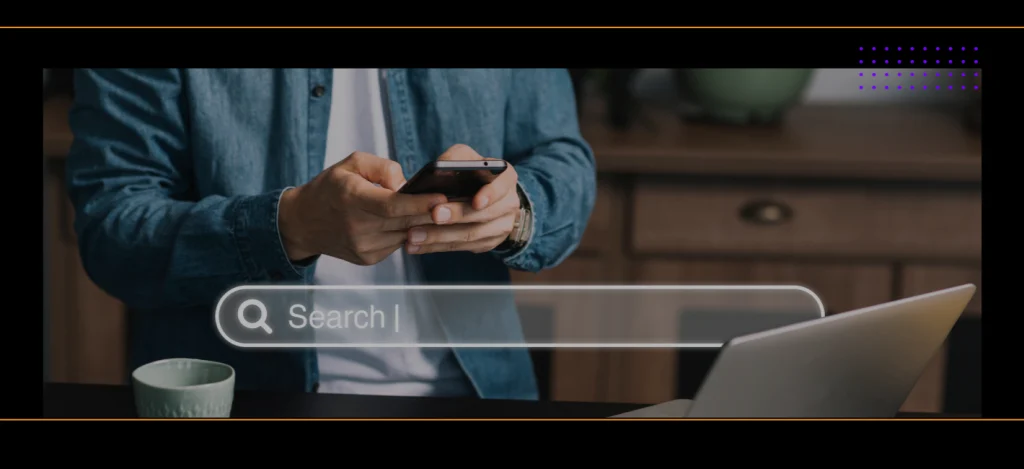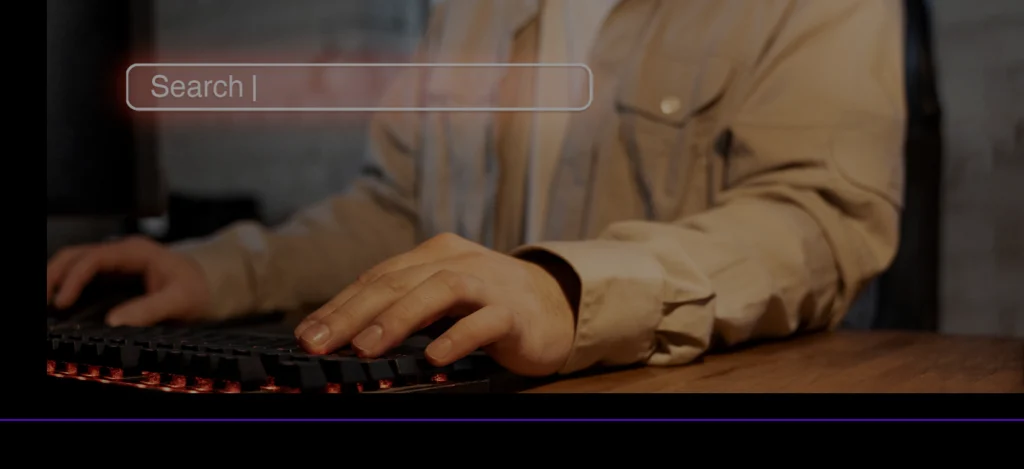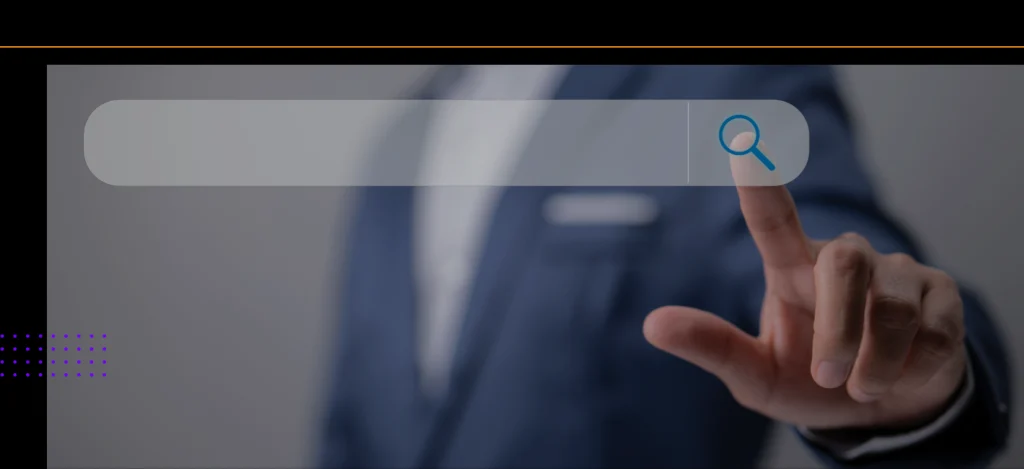Bing SEO vs Google SEO: Essential Insights for Effective Optimization
Search engines constantly change and evolve. User behavior changes. What works to succeed at SEO today may not work tomorrow. At the time, the talk was all about the one name that dominated the headlines: Google. 2025 must be more. You are missing traffic and potential customers if you ignore Bing and other search engines. Understanding the key differences between Bing SEO vs Google SEO is no longer an analytical exercise; it’s a priority for any business wanting to grow online.
While yes, Google is king of Search, Bing has very slowly gained a nice-sized user base – especially with certain demographics and in products like Microsoft’s Windows operating system and Edge browser. Optimizing for Google is key, but spending a piece of time optimizing for Bing gets your site in front of a new group of high-intent visitors.
At Webugol Agency, we’re here to help you understand the key Bing vs Google SEO differences you need to know for 2025.
An Overview of Bing SEO and Google SEO
Before getting into the detailed distinctions, it’s useful to explore the underlying concepts that guide each search engine. While their goal is to give users the most relevant results, their approaches differ in key ways.
What is Bing SEO?
Bing’s plan for 2025 is less about figuring out complicated semantic linkages and more about being forthright. It prefers titles, meta descriptions, and headers with exact keyword matches. Bing’s ranking factors also give more weight to social media engagement, especially from sites like Facebook and Twitter, where shares and likes are seen as signs of content authority.
Bing offers a simpler, less technical road to optimization, making the SEO Bing vs Google contrast fascinating.
What is Google SEO?
Google’s approach has changed from being centered on keywords to being centered on topics. Its main goal is to provide high-quality, in-depth content that shows Expertise, Authoritativeness, and Trustworthiness (E-A-T). Google considers not only what you say, but also who says it and how well. Bing SEO vs Google SEO differs in content quality and user experience, requiring marketers to take a more holistic and user-focused strategy.

Key Differences: Bing SEO vs. Google SEO in 2025
Understanding the distinctions between these two search giants is the first step toward establishing a solid, multi-platform SEO strategy.
Ranking Factors
Google
Puts a high value on the quality and authority of backlinks. Links from high-authority, relevant sites boost rankings. It also prioritizes user experience signals, such as Core Web Vitals (page speed, interaction, and visual stability).
Bing
Backlinks are crucial; however, Bing prefers older domains (.edu,.gov). It also makes it clear that social signals are important. Shares, likes, and comments from social media may impact rankings, which is something Google has ignored for a long time.
Bing SEO vs Google SEO: Content Preferences
Google
Values high-quality, in-depth information that meets user needs. Google’s E-A-T rules say that it looks for information provided by trustworthy experts. It recognizes synonyms and related concepts using natural language processing, making keyword stuffing unhelpful.
Bing
Prefers straightforward, well-structured content. It gives more weight to exact-match keywords in titles, H1 tags, and meta descriptions. Longer content is not penalized by Bing, but if a piece is keyword-optimized, it can rank higher than shorter, more straightforward content.

Bing SEO vs Google SEO Differences: Crawling and Indexing
Google
Googlebot is very efficient, often crawling and indexing new content within hours or even minutes. Sitemaps through Google Search Console are the greatest way to have your pages found.
Bing
Bing bot is often slower to crawl and index new websites and pages. Using Bing Webmaster Tools to upload your sitemap and request indexing can assist in speeding up the process. Webmasters should also organize their website logically for crawling by Bing.
User Experience & Core Web Vitals
Google
Made Core Web Vitals a consideration in ranking directly. Accordingly, for a website to rank highly on Google, particularly on mobile devices, page load speed (LCP), interactivity (FID), and visual stability (CLS) are essential. A flawless user experience is non-negotiable.
Bing
Considers user experience but does not place the same clear focus on Core Web Vitals as Google. Mobile-friendliness and quick load times still affect user engagement, although Microsoft Bing weighs them less than direct ranking signals.
Bing vs Google SEO Differences: Search Features
Google
Google’s search engine results pages are known for their featured snippets and expansive Knowledge Graph that aims to answer user queries directly on the SERP. Securing a “position zero” featured snippet can drive significant traffic.
Bing
Bing’s search results have strong image and video search features that many people think are better than Google’s. Bing’s SERPs are visually appealing, with “vertical searches” for news, retail, and travel. On Bing, optimizing multimedia content can bring in significant returns.

SEO Strategies for Bing in 2025
You need a customized strategy to use Bing’s algorithm effectively. Here are actionable strategies to improve your Bing SEO and how they compare with Google’s approach in “Bing SEO vs Google SEO.”
Technical Search Engine Optimization
- Submit Your Sitemap: You can send your XML sitemap using Bing Webmaster Tools. This helps Bingbot find and index your key sites faster.
- Use Schema Markup: Use structured data to give Bing more information about what your content is about.
- Ensure Clean Site Architecture: Bing bot crawls sites more easily with logical, intuitive structures. Make sure your internal linking is robust and keep your URL structure minimal.
Keyword Research & Optimization
The Bing algorithm is more literal than Google’s, which is a key difference in “Bing vs Google SEO.” This means that broad-match and exact-match keywords are quite important for Bing.
- Focus on Exact Match Keywords: Make sure that your main keywords are in your page title, H1 tag, meta description, and the first paragraph of your content.
- Use Bing Webmaster Tools: The strong keyword research function of this program suggests, questions, and discovers domain-relevant keywords. This data comes directly from Bing, making it highly reliable.
- Don’t Forget Meta Keywords: While Google has ignored the meta keywords tag for years, Bing still considers it a minor ranking signal. It won’t change your ranking dramatically, but it’s an easy optimization that you should implement.
On-Page SEO
On-page signals are critical for Bing in “Google SEO vs Bing SEO,” with a strong emphasis on keyword optimization and content structure.
- Optimize Titles and Meta Descriptions: Use your keyword in clear, appealing titles and descriptions. You have more space on Bing than Google since it displays longer meta descriptions.
- Use Header Tags Logically: Structure your content with a clear hierarchy of H1, H2, and H3 tags.
- Optimize Multimedia: Bing has a strong visual search engine. For all of your videos and visuals, use relevant file names, alt text, and captions.
Link Building & Social Signals
- Build Quality Backlinks: If possible, get links from authority domains like .edu and .gov. Links from older websites are particularly valuable to Bing.
- Leverage Social Media: Use sites like Twitter, Facebook, and LinkedIn to actively promote your content. Bing rankings can improve with high engagement rates
- (likes, shares, comments). Make sure that the buttons for sharing on social media are easy to find on your site.

SEO Strategies for Google in 2025
A key ranking factor for Google in 2025 requires a focus on user intent, content quality, and technical excellence, which differs from the priorities in “Google vs Bing SEO.”
Keyword Research & Optimization
Because of Google’s semantic search, you should focus on subjects instead of just keywords.
- Target User Intent: Know what people truly want when they type a query. Are they researching, buying, or comparing? Make content that directly meets that need.
- Use Long-Tail and LSI Keywords: To establish topical authority and assist Google in understanding your content, use related terms, synonyms, and long-tail keywords.
- Answer Questions: Use tools like AnswerThePublic or Google’s “People Also Ask” feature to find common questions related to your topic and answer them thoroughly in your content.
Content Quality & User Engagement
Quality content will guarantee to Google that your audience finds value in what you provide, fostering trust and credibility, especially when comparing “Bing SEO vs Google SEO.”
- Adhere to E-A-T: Make content that shows you are an expert, an authority, and someone others can trust. Cite credible sources, include author bios, and showcase your credentials.
- Create Comprehensive Content: Aim to create the best, most thorough resource on a given topic. This doesn’t just mean long-form information; it means information that thoroughly answers the user’s question.
- Monitor User Engagement Metrics: Google Analytics indicators include bounce rate, time on page, and click-through rate. Google uses these signals for calculating content value.
Technical SEO
- Master Core Web Vitals: Optimize your site’s loading speed, interactivity, and visual stability. Use Google PageSpeed Insights to identify and fix issues.
- Prioritize Mobile-Friendliness: Your site needs to be fully responsive and work well on mobile devices if you want to use mobile-first indexing.
- Implement Schema Markup: Structured data helps Google understand your content and provide rich SERP snippets. This can significantly improve your click-through rate.
Backlinks & Domain Authority
- Focus on Quality, Not Quantity: One link from a well-known site in your field is worth more than hundreds of low-quality links.
- Earn Links Naturally: Create original research, in-depth tutorials, and free tools that other websites will link to.
- Conduct Outreach Strategically: Contact websites and newspapers that are relevant to your content to promote it, but make sure your outreach is personal and delivers real value.
Final Thoughts: A Unified SEO Strategy
The debate over Bing SEO vs Google SEO isn’t about choosing one over the other. An efficient SEO strategy in 2025 must have two main goals. You should prioritize Google’s large market share, but Bing’s rising user base and unique potential are important secondary targets.
You can make the most of your efforts to have your website seen by learning about the different algorithms and preferences of each search engine. Making high-quality content, providing a nice user experience, and establishing a technically solid website will help you with both Bing SEO vs Google SEO.
To begin, follow the steps in this guide. Look at your traffic, try out alternative methods, and improve your strategy. The greatest way to keep growing and stay ahead of the competition in the years to come is to use a flexible, all-encompassing strategy to SEO.
Start by implementing the strategies outlined in this guide. Analyze your traffic, test different approaches, and refine your process. Get in touch with Webugol Agency today for professional help with the tricky parts of Bing vs Google SEO.
A comprehensive, adaptable approach to SEO is your best bet for driving sustainable growth and staying ahead of the competition in the years to come.


